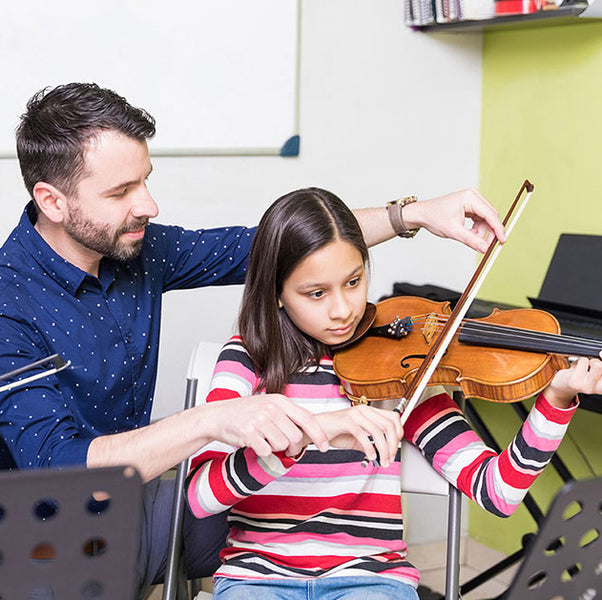Research -- StepUp to Learn
Words Count: Study Shows Words are Needed to Think About Numbers
Among adults who vary in their knowledge of number words, the ability to reason about numbers is bound by the highest number they can count to.
3 Key Skills for Promoting Numeracy in Young Children
What are the fundamental skills that young children need to develop at the start of school for future academic success? While a large body of res...
Thinking in 3D Improves Mathematical Skills
New research suggests that there is a strong correlation between early spatial skills and the comprehension of mathematical concepts later.
These Cognitive Exercises Help Children Boost Their Math Skills
Young children who practice visual working memory and reasoning tasks improve their math skills more than children who focus on spatial rotation exercises.
Why Our Brains Miss Opportunities to Improve Through Subtraction
A new study explains why people rarely look at a situation, object or idea that needs improving -- in all kinds of contexts -- and think to remove something as a solution. Instead, we almost always add some element, whether it helps or not.
Puzzle Play Helps Boost Math Skills
Researchers have found that children who played with puzzles at a young age later perform better on tasks utilizing spatial skills.
Read to Succeed -- in Math
He tried to identify dyslexia based on how the brain is wired for reading. Instead he found that the way the brain is wired for reading is actually influencing math ability.
Sport May Fast-Track Numeracy Skills for Indigenous Children
Greater sports participation is linked with better academic performance, according to new research from the University of South Australia.
Blink! The Link Between Aerobic Fitness and Cognition
Researchers have found evidence that spontaneous eye blink activity, which reflects activity in the dopaminergic system, explains the connection between fitness and cognitive function.
Strong links between music and math, reading achievement
A music educator thought he could disprove the notion of a link between students’ musical and mathematical achievement. He was wrong.
Heavy TV and Computer Use Impacts Children’s Academic Results
A new study reveals an association between heavy television use and poorer reading performance, as well as, between heavy computer use and poorer numeracy.
Visual-Spatial Learning Disorder Is More Common Than Thought
Nonverbal learning disability (NVLD), a poorly understood and often-overlooked disorder that causes problems with visual-spatial processing, may affect nearly 3 million children in the United States, making it one of the most common learning disorders.












